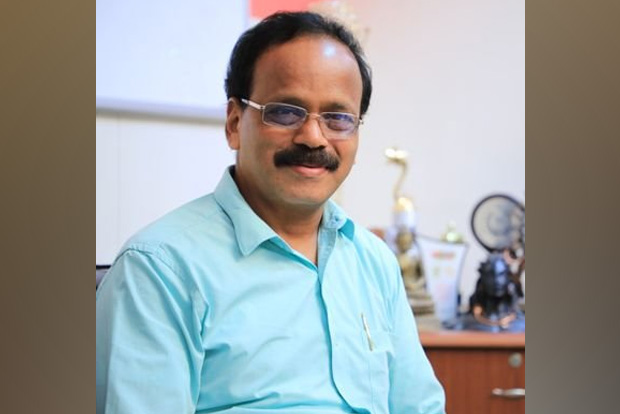Begin typing your search...
Producers are guaranteed only one third the revenue collected
Most producers get carried away by social media posts stating about films collecting crores of rupees instead of looking at the real in-hand earning for the producers. The biggest challenge Kollywood is facing today is getting fair revenues from Tamil Nadu theatrical segment.

Chennai
This article tries to explain the real revenue producers get from what the audience pay to watch their film. You may be surprised to know that a producer may get at best one third of the gross revenues.
A simple calculation of a recent hit film may give you some clarity. In Chennai territory, Kolaigaran earned a gross collection of Rs 186.83 lakh (this is only the ticket cost, not including the online ticketing fee, which is taken by theatres directly). Out of this, Rs 24.37 lakh (18 per cent of net) went towards GST, Rs 11.59 lakh went towards Local Body Entertainment Tax (LBET, 8 per cent of net), Rs 5.98 lakh got deducted towards theatre maintenance cost (1,49,611 audience at Rs 4 per person) and the net collection accounted was Rs 144.89 lakh. Of this, theatre and exhibitor’s share was deducted at 53.5 per cent (average share deducted of three weeks), thus the net producer share arrived was Rs 67.03 lakh. In this, the distributor deducted commission of Rs 5.36 lakh (8 per cent) for giving an advance to release film. Thus, the final share to producer was Rs 61.67 lakh.
So, out of Rs 186.83 lakh gross collection from audience, producer ended up getting just Rs.61.67 lakh which amounts to 33 per cent of the gross collection. This may go up to 35 to 37 per cent for big artiste films if theatres and exhibitors agree for higher share compared to smaller films. Now, it may be clear to you that a producer is guaranteed of just 33 to 37 per cent share of gross collections as his revenue, owing to different taxes levied, shares taken away by theatres and distributors.
To put it simply, to earn Rs1 crore producer share through distribution in Chennai city, the film should collect no less than Rs 3 crore gross from audience. Not many producers and distributors realise the kind of share one gets and generally overestimate revenues from theatres which results in them either going for high cost of production or buying films at higher price than what can be recovered.
What is the solution to this? Producer council and theatre owners association must explain to the central and state governments on the real situation of earning just one-third and seek reduction of GST from 18 per cent to 12 or 5 per cent, considering films are the cheapest source of entertainment for common people. The current charge of 18 per cent is too high. The Tamil Nadu government has added further pressure on ticket price by charging 8 per cent LBET. The Kerala government, which also brought in LBET, removed it after the entire film industry protested. The Tamil film industry too must object and get it removed. Once LBET is removed and GST is reduced, lower ticket prices may help to increase the audience count. This may help producers to get a share of 40 to 45 per cent of gross collection, depending on the film, which will help to tide over the current crisis on theatrical revenues.
Lack of knowledge among most producers on the real revenue earned is the reason why many believe that somehow they can earn good money from theatrical collections. Remember, no one can avoid these taxes and deductions by exhibitors and distributors. Producers must keep in mind that they are guaranteed of only 33 to 37 per cent of gross collections as their share now and work backwards on whether their film will earn that much gross collection to get the share they are expecting. If a producer is aiming for Rs 3.5 crore share in Tamil Nadu, the film must earn not less than Rs10 crore in gross collections! All producers must objectively analyse past films of the same artiste or director, to ascertain if such a gross collection is possible rather than waiting for the reality to hit them hard.
—The writer is afilm producer, distributor andFounder-Director of BOFTAFilm Institute
Visit news.dtnext.in to explore our interactive epaper!
Download the DT Next app for more exciting features!
Click here for iOS
Click here for Android
Next Story



